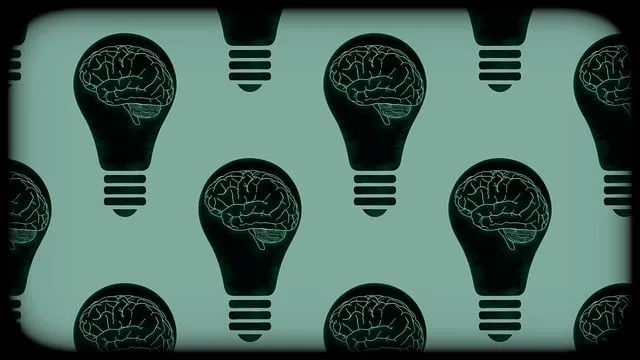Aurora's Kaiser Permanente provides mental health services with a focus on social skills training. This includes mindfulness meditation and stress management workshops to aid communication, empathy, and emotional regulation for individuals with anxiety or depression. The program combines crisis intervention guidance and public awareness campaigns, enhancing participants' confidence in social interactions and promoting mental health awareness.
Social skills training is a powerful tool in managing mental health conditions, as it addresses the often-overlooked social aspects of well-being. This article explores the vital connection between social abilities and mental health, delving into specific challenges faced by individuals with various conditions. We offer practical strategies for healthcare providers and support systems, highlighting effective training methods through case studies and expert insights. Discover how Aurora’s Kaiser network enhances mental health services by integrating these skills, providing a holistic approach to patient care.
- Understanding the Link Between Social Skills and Mental Health
- Identifying Challenges in Communicating With Mental Health Conditions
- Strategies for Effective Social Skills Training in Mental Health Care
Understanding the Link Between Social Skills and Mental Health

In today’s world, where mental health awareness is steadily rising, recognizing the intricate link between social skills and psychological well-being is more important than ever. Aurora, much like many cities, hosts various organizations offering mental health services, such as Kaiser, dedicated to addressing this growing need. The connection between these two aspects is profound; individuals with robust social skills often exhibit improved mental wellness, while deficiencies in this area can exacerbate existing mental health conditions.
Social skills training plays a pivotal role in managing and enhancing mental health. Techniques like Mindfulness Meditation and Stress Management Workshops, offered by organizations focused on mental wellness, empower individuals to navigate social interactions with greater ease. By fostering effective communication, empathy, and emotional regulation, these training programs contribute to creating supportive environments that are essential for healing and growth. This holistic approach acknowledges that mental health isn’t just about treating symptoms; it’s also about building resilience through strengthened connections and improved interpersonal relationships, ultimately benefiting one’s overall mental wellness.
Identifying Challenges in Communicating With Mental Health Conditions

Many individuals with mental health conditions face unique challenges when it comes to communication and social interactions. Aurora, like many cities, offers services through Kaiser Permanente to support those living with various mental health disorders. These conditions can impact an individual’s ability to express themselves effectively, interpret social cues, and engage in meaningful conversations. For instance, anxiety disorders may cause excessive worry or avoidance of social situations, while depression can affect motivation and energy levels, making it hard to initiate or sustain dialogue.
Understanding these challenges is crucial for fostering inclusive environments and supporting those with mental health issues. The development of inner strength through therapy and support groups plays a significant role in empowering individuals to navigate social scenarios confidently. Moreover, advocacy efforts focused on mental health policy analysis can lead to better resources and understanding, ensuring that services like those provided by Kaiser in Aurora are accessible and tailored to the unique needs of its community members.
Strategies for Effective Social Skills Training in Mental Health Care

Social Skills Training plays a pivotal role in mental health care, offering practical strategies to enhance patient interaction and overall well-being. At Aurora, Kaiser’s dedicated mental health services provide an ideal environment for such training. Facilitators employ interactive methods, encouraging participants to practice communication skills in safe, simulated scenarios. This hands-on approach allows individuals with conditions like anxiety or depression to build confidence in social situations, a key aspect often overlooked in traditional therapy.
The program incorporates Crisis Intervention Guidance, teaching participants how to recognize and manage intense emotions during interactions. Additionally, through Public Awareness Campaigns Development, patients gain insights into common social cues and norms, fostering more meaningful connections. Promoting Mental Health Awareness is at the core of these training sessions, aiming to destigmatize conversations around mental health while equipping individuals with essential social skills for everyday life.
Social skills training plays a pivotal role in enhancing the lives of individuals with mental health conditions, especially those seeking support through services like those offered by Kaiser in Aurora. By understanding the connection between social skills and mental wellness and identifying specific communication challenges, we can develop effective strategies to improve social interactions. These techniques empower individuals to navigate social situations with confidence, fostering better relationships and overall improved mental health outcomes. When integrated into mental health care, such training can truly revolutionize support systems and make a significant difference in the lives of those it touches.






